If you are not already familiar with Malcolm Guite, let me offer you an introduction. By his own description, Malcolm is a poet, priest and singer-songwriter. He is Chaplain of Girton College and Associate Chaplain of St Edward King and Martyr in Cambridge. He is the author of several highly praised books, including the superb volume Faith, Hope and Poetry, contributor to The Cambridge Companion to C.S. Lewis, and host of a marvelous website. His newest publication is Sounding the Seasons – Seventy Sonnets for the Christian Year. Advance comments for Sounding the Seasons have included commendations from Rowan Williams, former Archbishop of Canterbury who says “Malcolm Guite knows exactly how to use the sonnet form to powerful effect. These pieces have the economy and pungency of all good sonnets and offer deep resources for prayer and meditation. In his own words, ‘brevity, clarity, concentration and a capacity for paradox’ are typical of the best sonnet sequences, and all those qualities are to be found here.” Grevel Lindop, poet and literary critic says “Malcolm Guite’s poetic sequence is fresh and wholly contemporary, yet richly rooted in tradition. Using the sonnet form with absolute naturalness as he traces the year and its festivals, he offers the reader – whether Christian or not – profound and beautiful utterance which is patterned but also refreshingly spontaneous. Sounding the Seasons is an important poetic event, and one that invites readers to share both celebration and soul-searching.” And Luci Shaw, Author of Harvesting Fog – New Poems, Breath for the Bones; Imagination Art and Spirit, says “Each of Malcolm Guite’s sonnets is like a Celtic Knot, with threads of devotion and theology cunningly woven into shining emblems of truth and beauty. Whether spoken aloud or read silently, these poems speak to mind and soul.”
What I can say of Malcolm Guite’s work is simply this. He writes with a sublime entwining of what is ethereal and what is sensual to our natures, masterfully combining the vulnerability of the human condition with the essences of all that call us upward. In every word there is a sense of shared suffering, struggle, hope, and joy. He writes as the common man with an uncommon grace. There is never a sense, in reading something by Malcolm Guite of looking in a window at someone’s individual experience, but rather a delicate, piercing revelation dressed in great love, of our individual experience collectively. Worship moves seamlessly and unhindered in each line and in-between them, making the profane sacred as must be done in every trace and act of redemption. The gift that Malcolm passes onto his readers so kindly and with such generosity is the memory and taste of simple goodness. He reminds us that this is still “God’s good earth” and that each moment – dark or bright – is worthy of making a monument of praise.
The following is an interview with Malcolm Guite, author of Sounding the Seasons – Seventy Sonnets for the Christian Year.
LES: You have been using these beautiful sonnets for several years within the corporate life of St Edwards sharing them with congregants there as a familiar part of your liturgy. What led you to assemble this volume of sonnets for the wider audience of the public market? Did you start with the idea of a specific publication goal or did this emerge from a more wandering approach?
MG: The sequence started with a single sonnet, O Sapientia, which came so clearly that I was emboldened to try a sequence of seven, covering the other ‘Great O Antiphons’. These were published on their own a few years ago and I thought that was the end of it. Then a young priest who had found those sonnets helpful came and asked me if I had ‘done’ the Stations of the Cross, and that prompted me to write more. It was whilst composing those sonnets for the Stations that I had the strong conviction that I should complete a sequence for the whole Christian year and try to publish it. So the sequence was really drawn out of me by the requests of others and I think that’s affected its character. I’ve tried to make it open and accessible in a way that some modern poetry isn’t.
LES: Would you describe your understanding of the relationship of poetry and the church? Where so much of our collective poetic history seems ignored if not outright rejected by much of the current day church, what is the place of the poetic in our individual and corporate spiritual lives?
MG: Gosh, that’s a big question! I think the first thing to say is that the Bible is full of poetry, so even Christians who don’t think they like poetry or have much to do with it are in fact absorbing and being shaped by the inspired poetry of Scripture especially of course in the book of psalms. But as to our ‘collective poetic history’, the long tradition of poetry beyond the pages of the bible, I think you are right, a lot of it has been ignored if not actually rejected, but I believe that is beginning to change. In my book Faith, Hope and Poetry, I write about the way poetry and poetic insights came to be marginalized during the so-called ‘enlightenment’ with its special emphasis on pure reason as opposed to imagination, but I also show that we are now realizing that to discover the whole truth we need both reason and imagination, that the poetic imagination is a truth-bearing faculty. Christians are taking a lead in this important re-discovery, and maybe that’s because, even in these prosaic times, they’ve always had the poetry of the Bible.
LES: Your earlier work Faith, Hope and Poetry addresses the essential foundations of the role of poetry and faith in a profound and expansive way even while it retains a very fine focus. In it you make the comment very early on that “poetry, and more widely, the poetic imagination, is truth-bearing” and then go on to explore “poetry as a redress or restoration of lost balance in vision.” Sounding the Seasons – a smaller, more intimate work could be used in active spiritual practices of congregations and individuals. If the broad theme of Faith, Hope and Poetry is redress and restoration of lost balance, how would you describe the broad theme of Sounding the Seasons?
MG: I think the key question that I explore in Sounding the Seasons is ‘how and where does time touch eternity? We live in time, which is always fleeting away from, or rushing towards us, but we were made for eternity, and we have an echo of it in our hearts. The two heavenly gifts that keep us in touch with eternity, even in the flux of time are Memory and Hope, memory which gathers up the past, and hope which gathers in the future. Those themes are particularly set out in the ‘prologue sonnet’, but all the poems in Sounding the Seasons live on the axis between memory and hope. The very idea of ‘the Christian Year is itself a way of turning memory into hope, for in the set feast days and sacred seasons of Christmas and Easter we remember, and make present over and again the blessed hope that is in us. All anniversaries and recurring feast days are beautiful things because they make time itself bring back what it has taken from us and restore it again. This awareness of our need to recover memory and hope (both which are missing from our wider culture) and to move dynamically between them is also one of the reasons why I chose the particular form of rhymed sonnets for these poems. Its not simply that the sonnet form summons the memory of so much great poetry from the past, it is that rhyme itself is, as Arthur Hallam observed, ‘a parley between memory and hope’ for the first, and still unrhymed sound depends for part of its effect on the anticipation or hope of the rhyme which is still to come, and the rhyme, when it does come, depends for its effect on the memory of that first unrhymed sound, a sound whose real potential is only fulfilled when it is remembered and so becomes rhyme.
LES: What do you see as the connecting point and relationship between these two volumes of work?
MG: In a way I think Sounding the Seasons is my attempt to put into practice, in a small way, the principles I was exploring and setting out in Faith, Hope and Poetry. Certainly the key idea in Faith, Hope and Poetry, which is that the poetic imagination is a truth-bearing faculty, was a personal watchword in composing the sonnets. The great question at all times was ‘Is this true?’ or more particularly with poetry ‘does it ring true’?
LES: A term comes up several times throughout the text of this book – ‘coherence’. You refer to it regarding a coherent service and Fraser Watts refers to it in Appendix B. He writes, “The reality is that, unless a church service coheres within itself, coherence is lost all together in the minds of churchgoers.” I realize that is it one small comment but when I read it, it arrested my attention in a specific way. One of the synonyms for the word ‘coherence’ is ‘soundness’. A theme of this volume, and indeed much of your own life, is the call to “make sound” the entirety of one’s life. To make our life and being coherent. Sound. The Oxford dictionary includes this phrase in its definition of coherent – “forming a unified whole”. Oxford’s definition of soundness as an adjective includes this: “in good condition; not damaged, injured, or diseased.” Not damaged, injured, or diseased. Whole. This closely links with a line in your exquisite opening sonnet of the seven Great O Antiphons sequence, “O Sepientia”: “O sounding Song whose depth is sounding me”. For me this immediately evokes the imagery of being at sea and sounding the depths as a way to measure what lies beneath the waters and how safe they are to sail in. Would you explain a little more about your understanding of what the word “Sound” means to you and what its relationship is to the word ‘coherent’ in context of its use here in Sounding the Seasons?
MG: Thank you, that’s a very perceptive question and, in framing it I think you have already got to the heart of the matter. I had all those senses of ‘sound’ in mind, and also of course, as I was trying to write a musical kind of poetry, the sense of sound, like the sounding and resounding of a bell. I wanted to sound the seasons, in the sense of sounding the depth of an ocean, getting a measure of the depth of the great mysteries that lie behind each season, but also of sounding, making a joyful or beautiful sound before God, and bringing before him, what is ’sound’ or whole, or has integrity, or, to return to my earlier phrase, I wanted to make poems which would ‘ring true’.
I am very grateful to Dr Guite for his generous sharing of his time and thoughts with us.
Click here for Part 2!
Many blessings to you, friend!
Lancia E. Smith is an author, photographer, business owner, and publisher. She is the founder and publisher of Cultivating Oaks Press, LLC, and the Executive Director of The Cultivating Project, the fellowship who create content for Cultivating Magazine. She has been honoured to serve in executive management, church leadership, school boards, and Art & Faith organizations over 35 years.
Now empty nesters, Lancia & her husband Peter make their home in the Black Forest of Colorado, keeping company with 200 Ponderosa Pine trees, a herd of mule deer, an ever expanding library, and two beautiful black cats. Lancia loves land reclamation, website and print design, beautiful typography, road trips, being read aloud to by Peter, and cherishes the works of C.S. Lewis, J.R.R. Tolkien, and George MacDonald. She lives with daily wonder of the mercies of the Triune God and constant gratitude for the beloved company of Cultivators.
Leave a Reply
A Field Guide to Cultivating ~ Essentials to Cultivating a Whole Life, Rooted in Christ, and Flourishing in Fellowship
Enjoy our gift to you as our Welcome to Cultivating! Discover the purpose of The Cultivating Project, and how you might find a "What, you too?" experience here with this fellowship of makers!
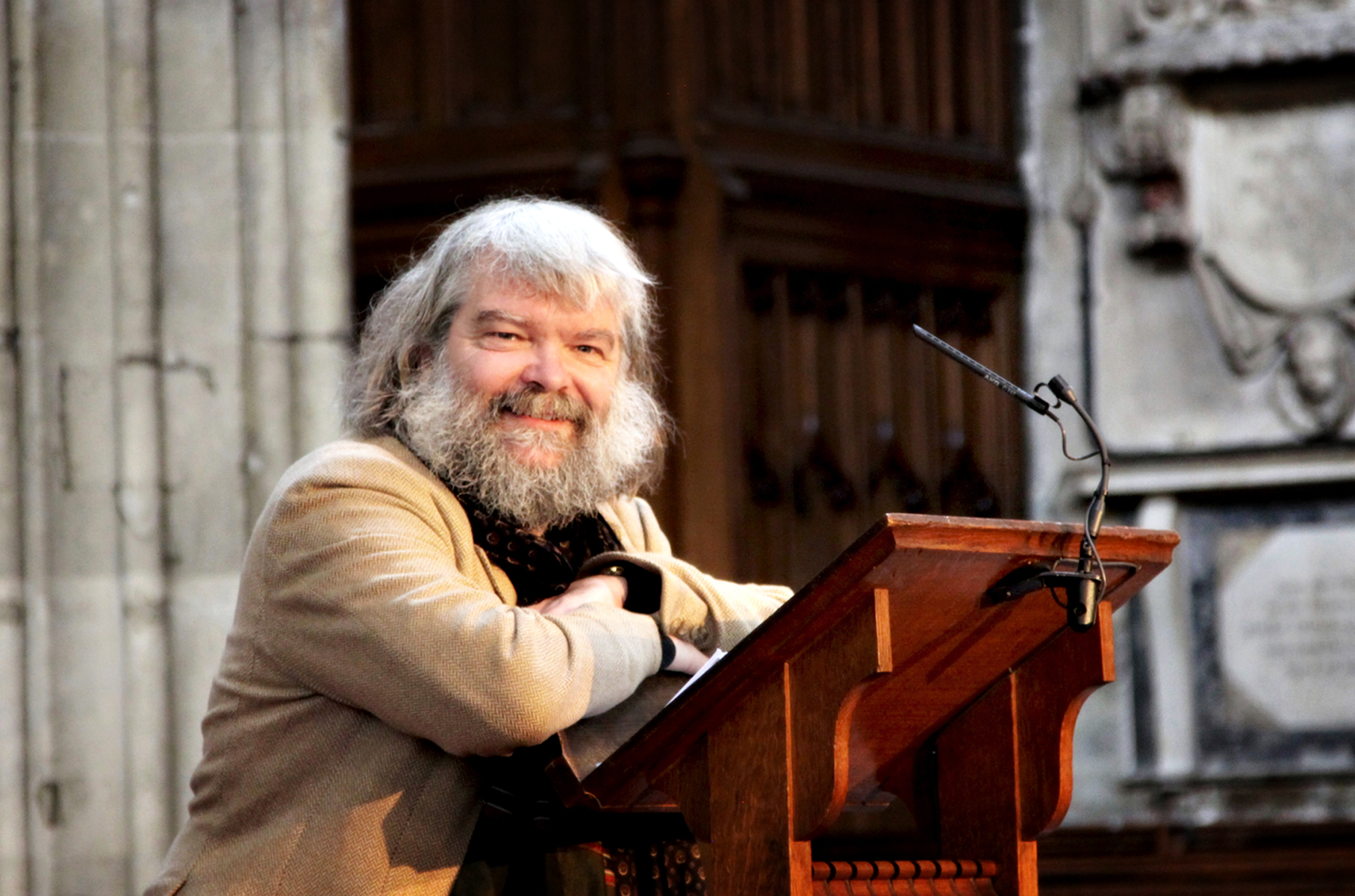
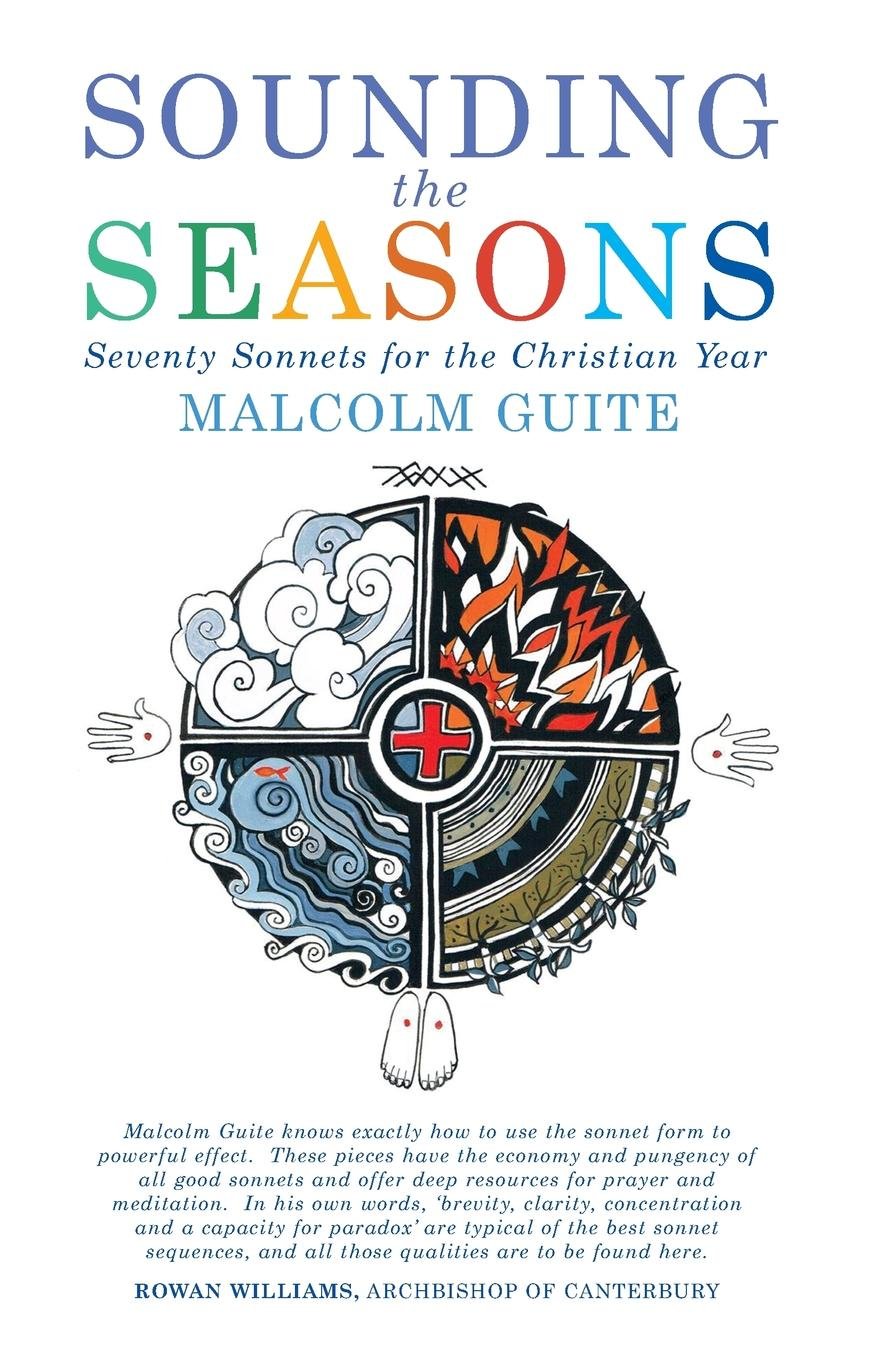
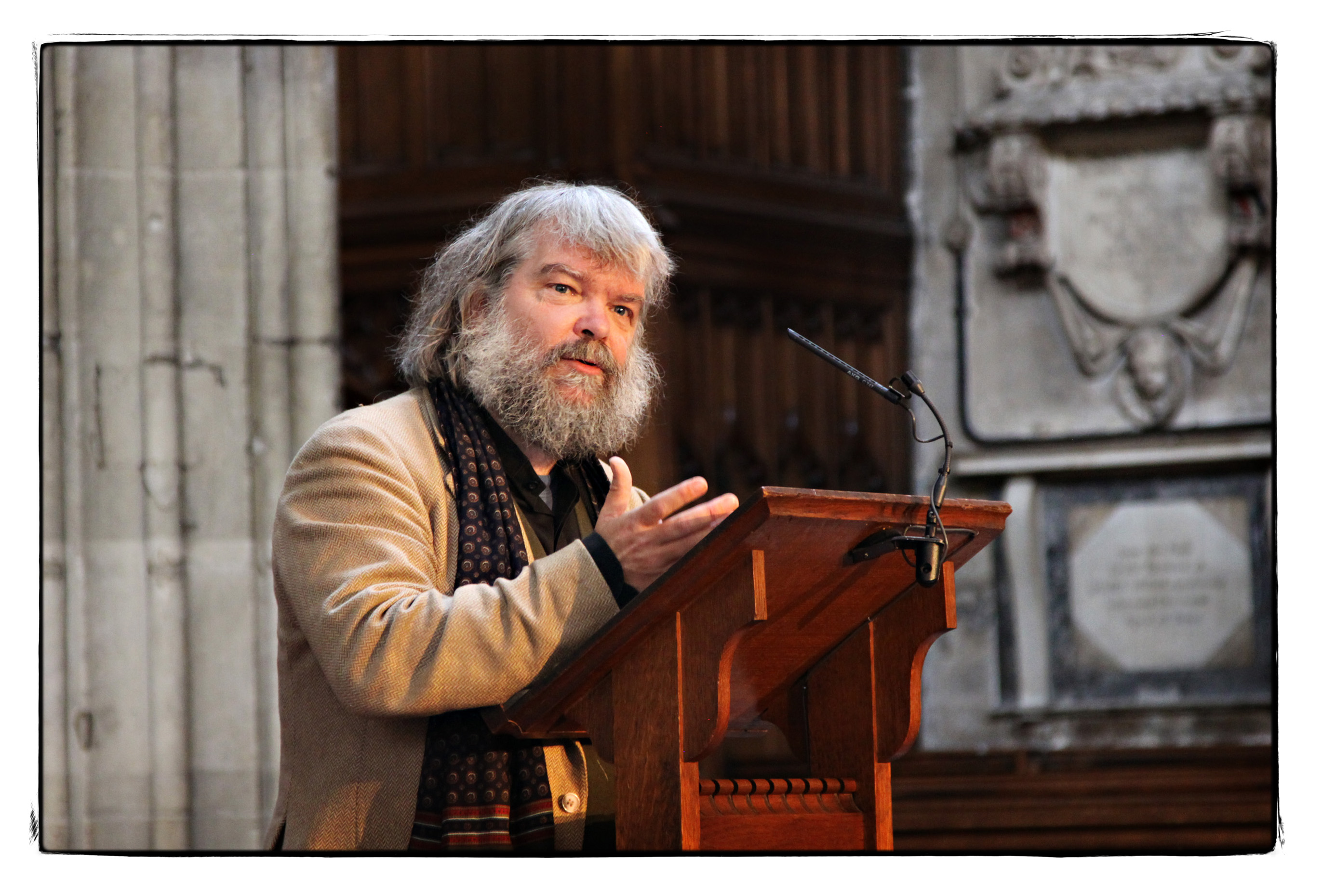
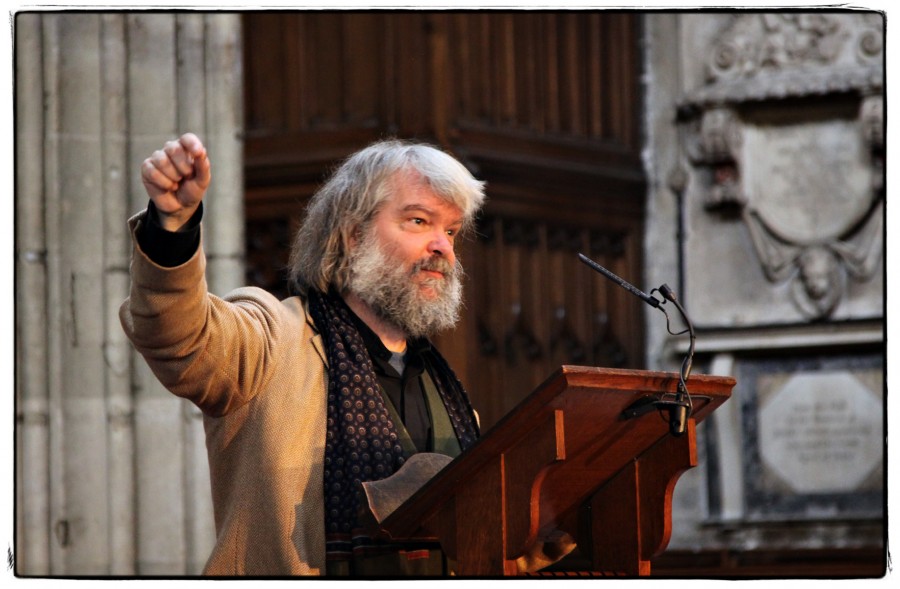
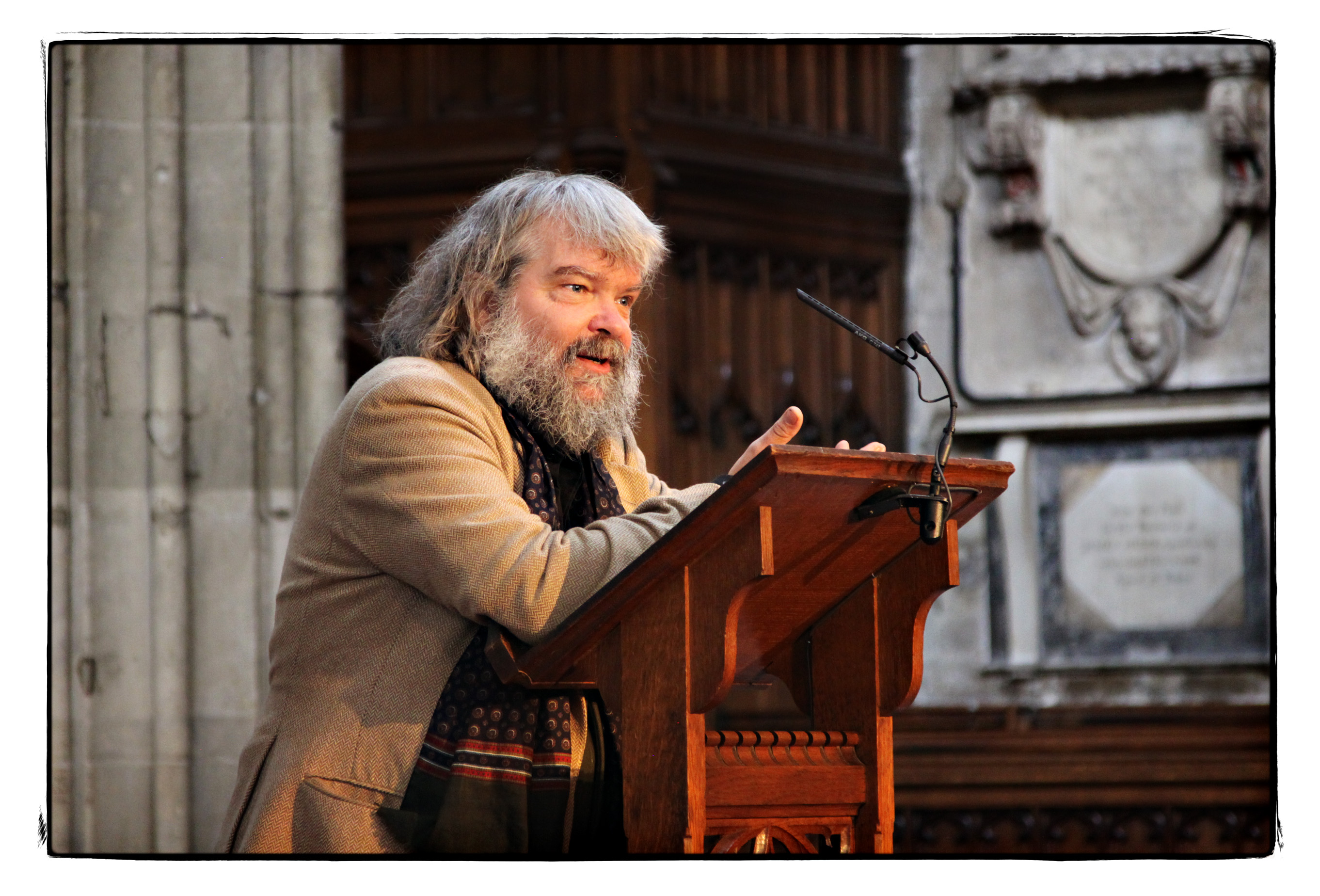
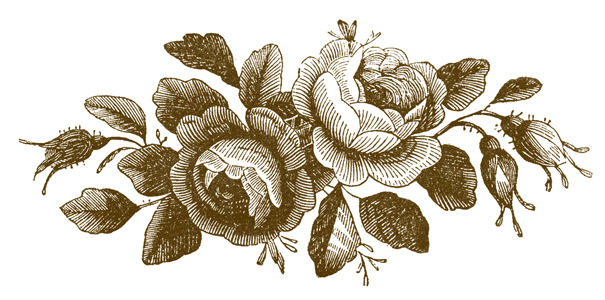
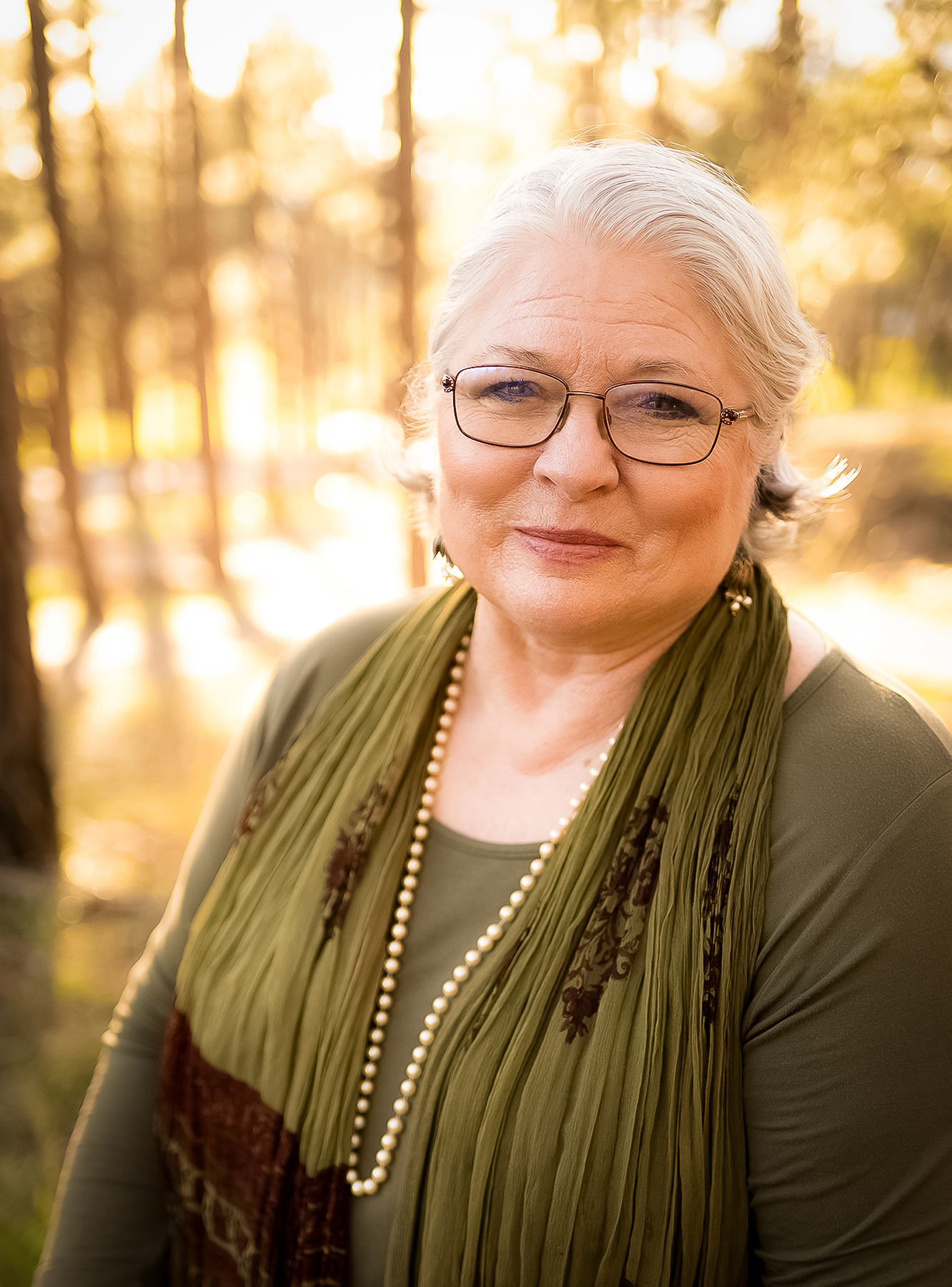
[…] This post is the continuation of our interview with Dr. Malcolm Guite, author of Sounding the Seasons- Seventy Sonnets for the Christian Year. To read Part 1 link here. […]
[…] To read Part 1 click here. […]
[…] – a net that is wider-flung across a range of themes and styles. In your earlier collection, Sounding the Seasons, you kept within the discipline of a focused topic, the milestones in the Christian calendar year, […]
[…] Interview with Malcolm Guite for Sounding the Seasons […]
[…] A book I have recently begun reading is written by our own K.C. Ireton and I have loved every page of it! As someone who has had a fairly limited understanding of the church calendar, I am so grateful for what KC. has offered as a beautiful guide to the subject. The Circle of Seasons makes a wonderful companion to Waiting on the Word, Word in the Wilderness, and Sounding the Seasons. […]